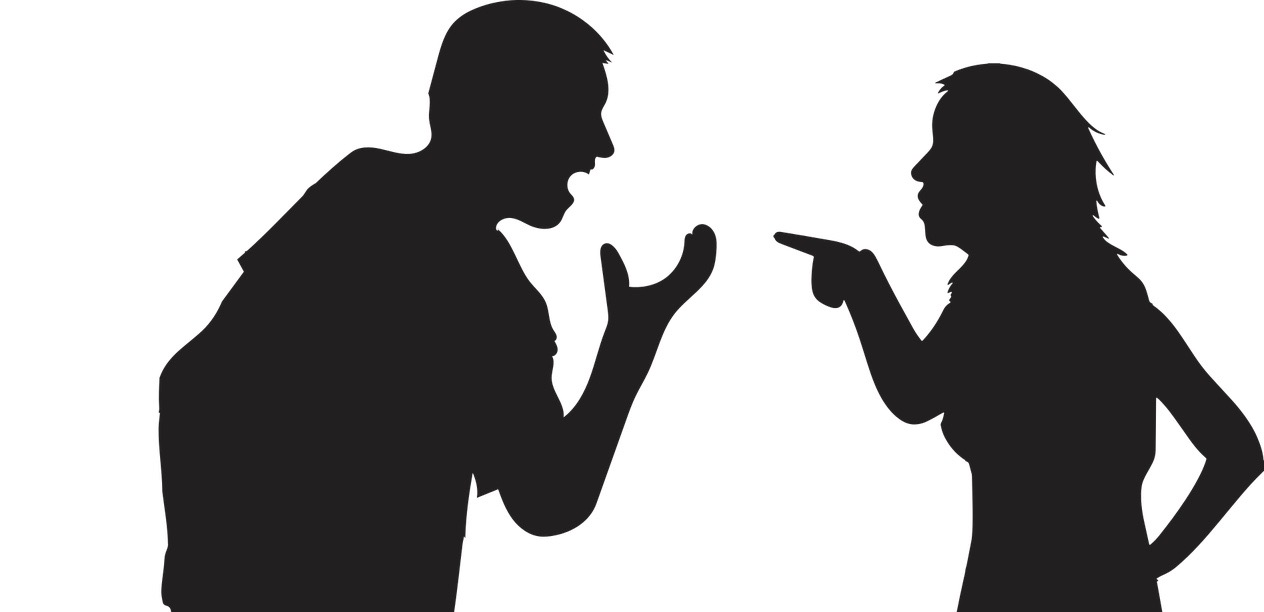Debra Messing, the Emmy-winning star of groundbreaking LGBTQ+ sitcom Will & Grace, was swiftly attacked for being a homophobe December 9 for tweeting that she hopes Donald Trump will live “a long life in prison where you become the most popular boyfriend to all the inmates.”
Lazy, yes. Banal, yes. Problematic use of sexual assault as revenge mechanism? Yep. But to see intentional homophobia in this tweet from this person and reply with rage and disgust is to reveal yourself as someone salivating at the chance to be outraged. And boy, did the replies prove it.
“Wow, you’re quite the homophobe,” an allegedly gay conservative tweeted (whether or not the account is part of the seemingly endless army of MAGA bots scouring the Internet looking to yell at liberals is a matter for another discussion).
Messing’s Apology
Of course Messing apologized (in another tweet), because she had to. And she did it in a way that came as close to being eye-rolling as anyone can in these days of online sound and fury, signifying nothing. But it’s that sound and fury that is increasingly problematic—because the Democrats only just squeaked out a victory over Trump and his cronies, partly because Democrats have spent much of the last year engaging in woke pissing contests that left a lot of people cold while the republicans presented a unified front.
I’d like to say I have been an LGBTQIA ally for decades, and I was in no way referencing LGBTQI/queer love/sexuality. It is not my proudest moment, but 45 has victimized 100s of millions of ppl; I had wished the tables turned on him. I apologize for the offensive way I did it. https://t.co/Q6SLIo9DWc
— Debra Messing✍? (@DebraMessing) December 14, 2020
Look at the Shawn Mendes and Sam Smith flap. During the iHeart Radio Jingle Ball, Mendes misgendered Smith (whose pronouns are they and them) while introducing them. After being called out for the error by fans, Mendes issued a respectful apology to Smith via Instagram story (because celebrities under the age of 30 are contractually obligated by Mark Zuckerberg to never directly apologize). Smith respectfully accepted the apology on their Instagram, adding, “We’re all learning together.”
But that didn’t stop gay editorial outlets from reporting on the exchange and casting it in the most dire light.
The Huffington Post Canada ran the story with the subheadline, “While a nice moment, let’s not forget the impact of misgendering someone.” And them.us included this paragraph:
They handled the encounter with grace, but misgendering someone is still a serious concern. While there’s little research about the impact misgendering a trans or gender non-conforming (TGNC) person can have on their mental or physical health, a handful of early studies suggest that misgendering an individual (using the incorrect name, pronouns, or title that doesn’t correlate with a person’s gender identity) can indeed hold a negative impact on a TGNC person’s wellbeing. It can also prevent these individuals from wanting to seek out professional health care and make them feel stigmatized. A 2018 study of transgender youth found that those who were referred to by their chosen name were less likely to show depressive symptoms and suicidal behavior.
Faulting Allies
The issue with this knee-jerk reaction to a mistake acknowledged and apologized for is that it continues the conversation, based on the faulty premise that the person erring probably doesn’t feel bad enough. Or that something for which one has apologized for might be viewed by others as not a big deal. There is an eagerness to find and catalog fault with any ally of any marginalized group right now—not to mention the in-fighting within them—and a lack of extending the benefit of the doubt as people publicly admit they are learning and trying. The paragraph above could terrify the people who genuinely care that they may inadvertently drive someone to suicide. It could make the people who don’t care roll their eyes at liberal snowflakes.
I don’t expect the people outside of my community to be perfect (I don’t expect myself to be perfect). And I certainly don’t expect allies to comprehend the exact nature of the frustrations of a marginalized group of which they are not a part. All we can do is try, support one another, and hold one another accountable in respectful ways—while trying to avoid the trap of being forced into the position of educator. But respect doesn’t translate into pageviews, and respect and empathy aren’t viable weapons in the Woke Wars, so instead we’ll continue to get smug.




